
Women’s Empowerment
Companies Can’t Ignore the ‘She-cession’ Created by the COVID-19 Pandemic
COVID-19 has fueled a recession for women. BSR recommends six actions for companies to incorporate a gender lens on recovery efforts.
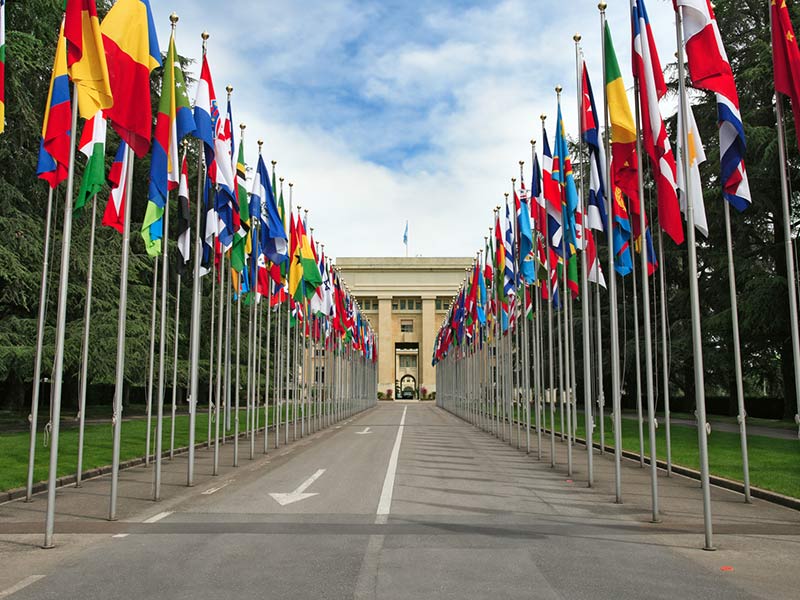
Human Rights
Looking Ahead to the Next Decade of Business and Human Rights
As we look ahead to the next decade of the UN Guiding Principles on Business and Human Rights (UNGPs), we see the need to start focusing on six areas that will enable us to achieve the most meaningful progress toward the realization of human rights.
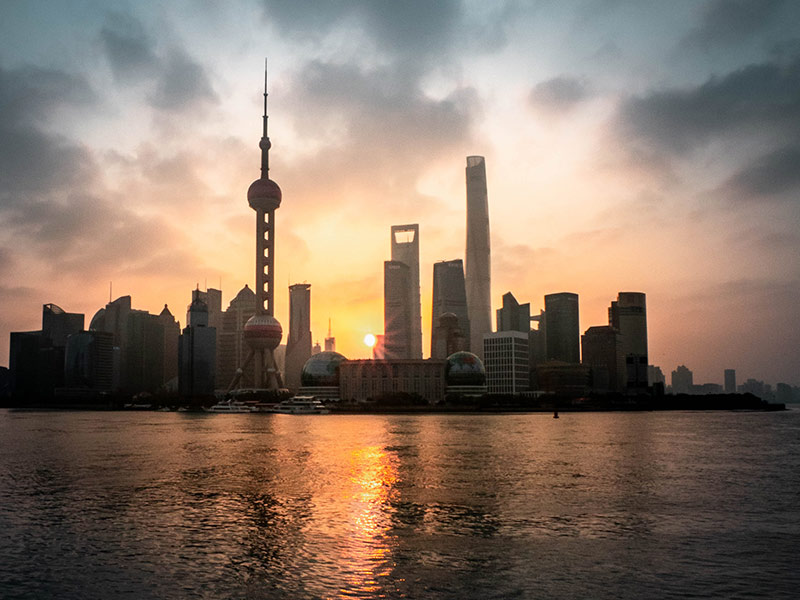
Climate And Nature | Responsible Technology | Supply Chain | Sustainability Management
China in 2021: Looking beyond COVID-19
BSR takes a look at four trends to watch in China’s manufacturing and supply chain environment in 2021, a year still shaped by COVID-19.
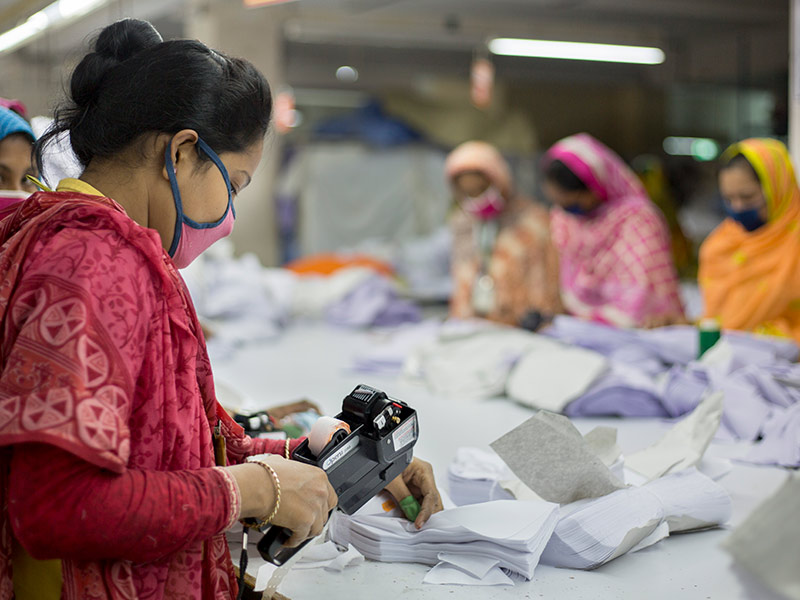
Human Rights | Supply Chain | Women’s Empowerment
Data and Tech Acceleration in COVID-19: The Human Rights Impact on Vulnerable Garment Workers
BSR examined the impacts of digital transformation on women garment workers in our new report, Digital Technology and Data in the Garment Supply Chain during COVID-19.
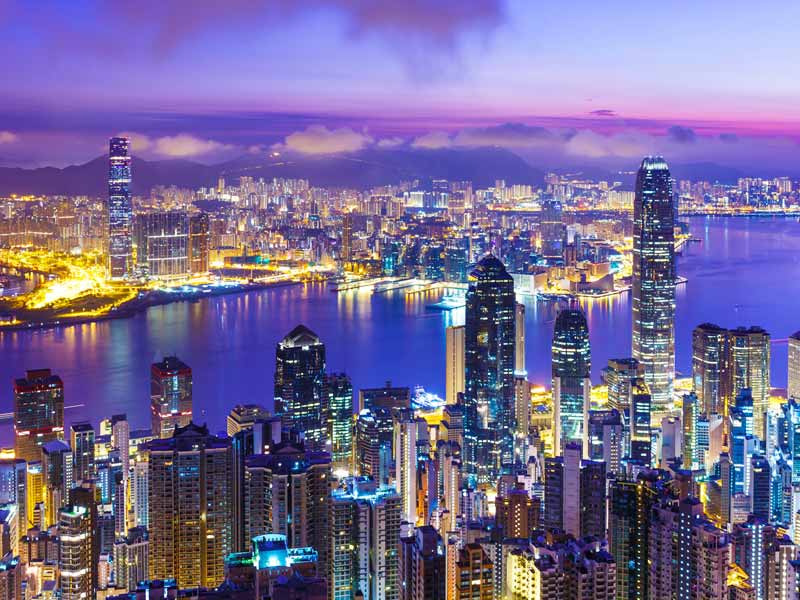
Inside Bsr
Inside BSR: Q&A with Margot Brent
In our new monthly "Inside BSR" series, we get to know members of the BSR team. This month, we feature Margot Brent, an Associate in our Hong Kong office, and learn about her work with the Sustainable Futures Lab.

Human Rights | Supply Chain
Six Steps to Prevent and Address Child Labor in the Palm Oil Industry
In collaboration with global buyers, BSR supported the development of agribusiness group Wilmar’s Child Protection Implementation Manual, which provides a guide for establishing and implementing policies related to safeguarding and protecting children from child labor and other forms of abuse in palm oil operations as well as remedial actions.

Climate And Nature | Human Rights | Inclusive Business | Sustainability Management
2021: Optimism and Resolve for the Decisive Decade
It is time to turn ambition to action. In the year ahead, BSR will be focusing on three broad areas: (1) business transformation to meet ESG objectives; (2) decisive climate action to translate commitments into real change; and (3) creating an economy that is truly inclusive.
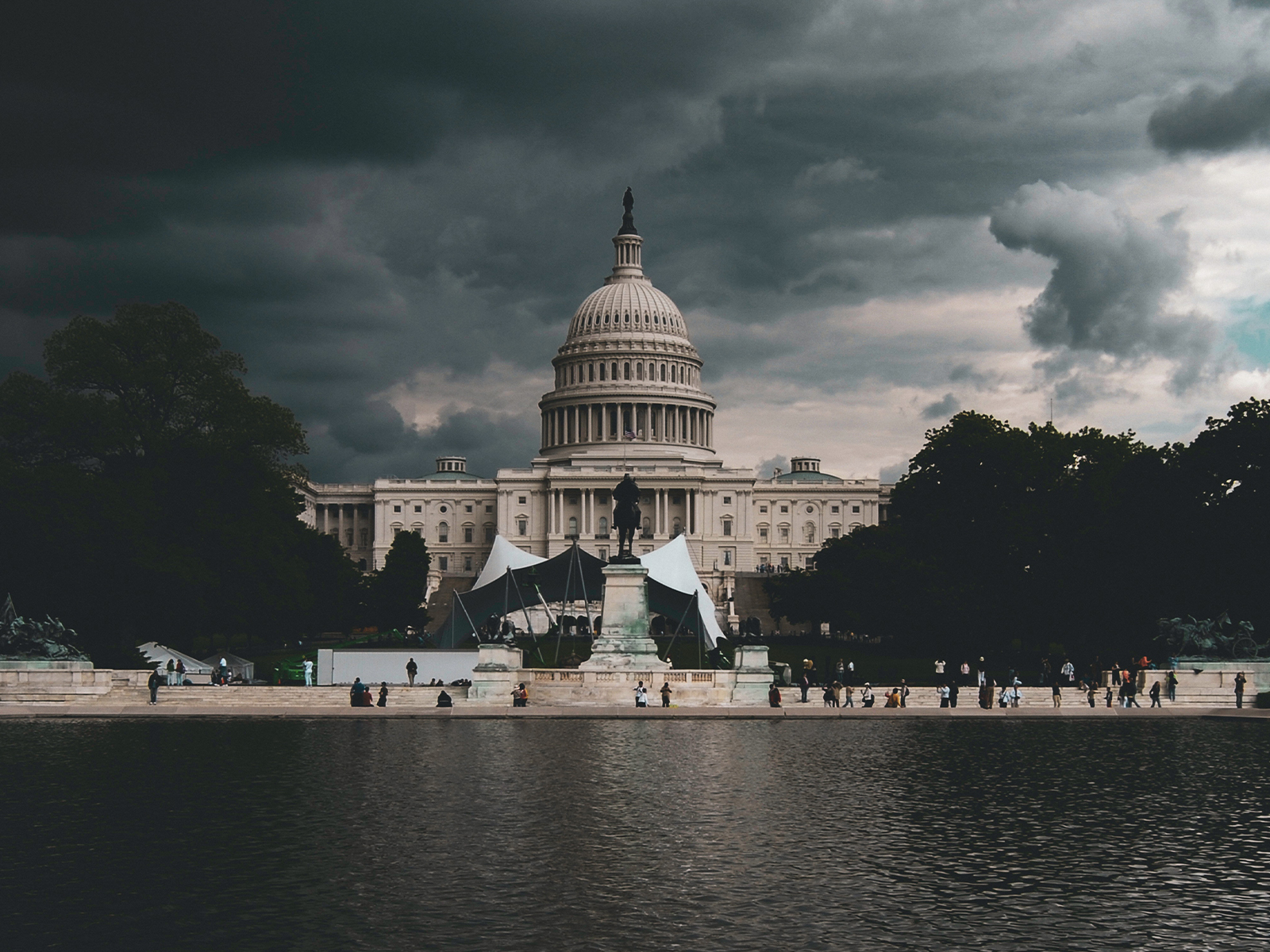
Climate And Nature | Inclusive Business | Sustainability Management
Business and the Renewal of American Democracy
The horrific storming of the U.S. Capitol building this week is yet another “shocked but not surprised” event as Donald Trump’s presidency comes to an end. Historians will have much to assess from this tragic period but there are numerous lessons for business leaders to consider today.

Human Rights
Seven Questions to Determine a Company’s Connections to Human Rights Abuses
The actions that a company must take to prevent, mitigate, and remedy adverse human rights impacts—what the UN Guiding Principles on Business and Human Rights (UNGPs) call “appropriate actions”—depend on the company’s connection to that impact. A new white paper provides seven questions to help companies determine their connection to negative impacts.
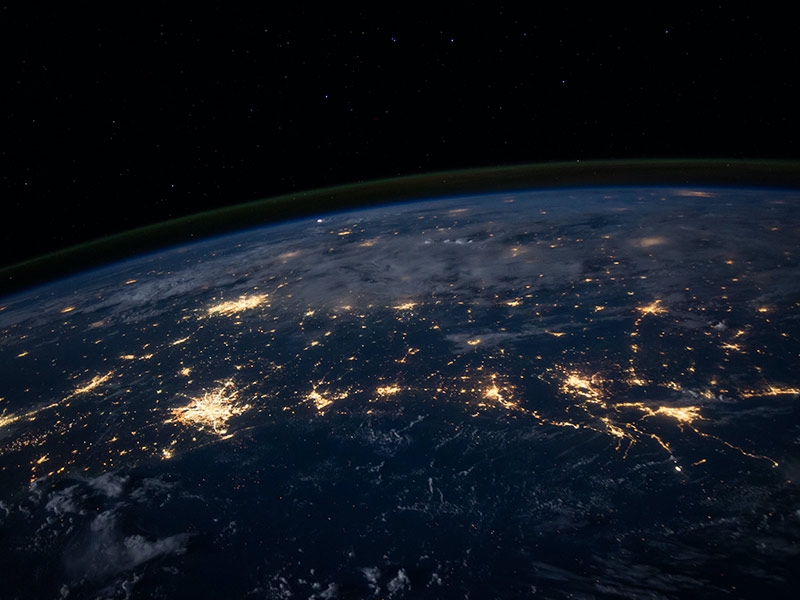
Human Rights
One Year On: A Human Rights Review of the Oversight Board
In 2019, BSR conducted an independent human rights review for Facebook to inform the creation of its Oversight Board. One year later, we are publishing a gap analysis on the Oversight Board and its progress.
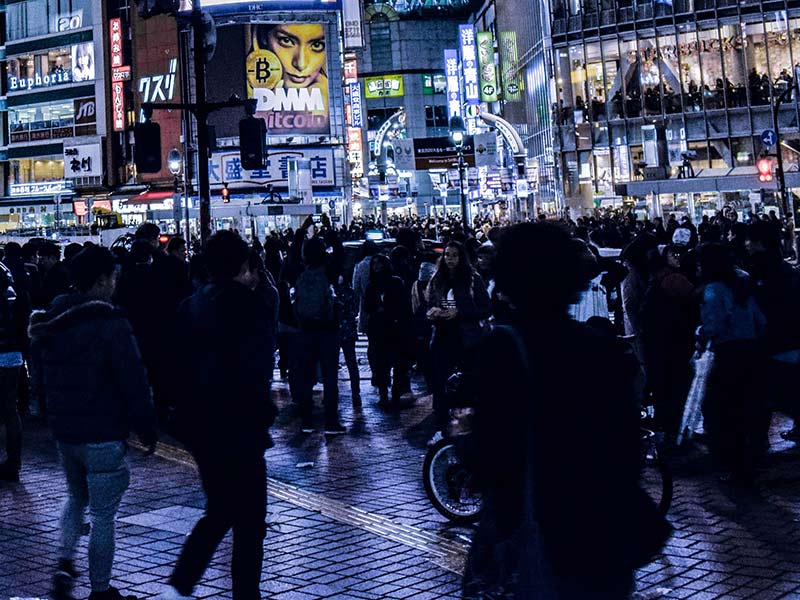
Human Rights | Supply Chain
How Business Can Support Survivors of Human Trafficking
GBCAT is launching a new resource, A Guide for Business on Empowerment and Employment of Survivors of Human Trafficking, to inform companies on how they can support the long-term recovery of survivors of human trafficking.
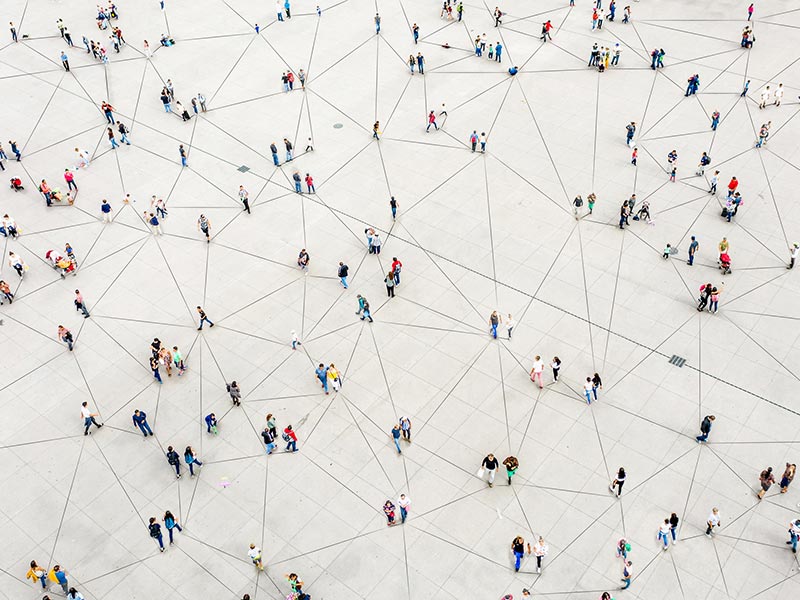
Human Rights
COVID-19 and Beyond: Technology, Responsible Decision Making, and Public Health Emergencies
The COVID-19 public health emergency has surfaced important questions about the relationship between the right to privacy and other human rights. BSR is releasing a paper that sets out the key elements of a human rights-based approach to the use of data and technology solutions during public health emergencies.
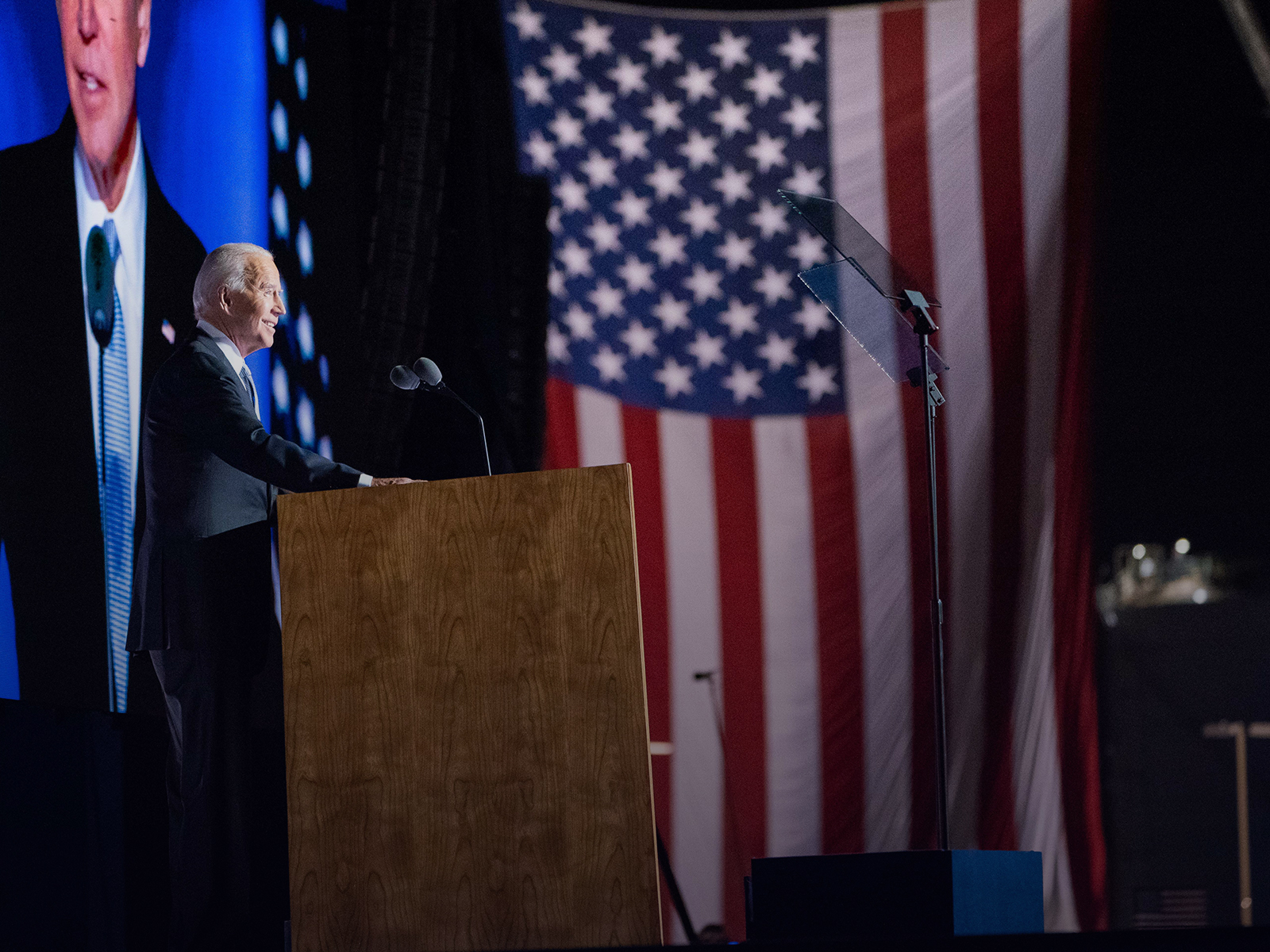
Climate And Nature | Financial Services | Human Rights | Sustainability Management
The Biden Administration and Sustainability in a Changing Asia
The Biden administration will be facing a changed landscape in Asia. The choices the Biden-Harris administration make on issues like climate change and human rights will not only impact governments in the region, but how businesses in Asia navigate these issues.

Climate And Nature
The Paris Agreement’s 5th Anniversary: Accelerating the Momentum for Net Zero
As we observe the fifth anniversary of the adoption of the Paris Agreement, we discuss private sector action in making the transition to a low-carbon economy.
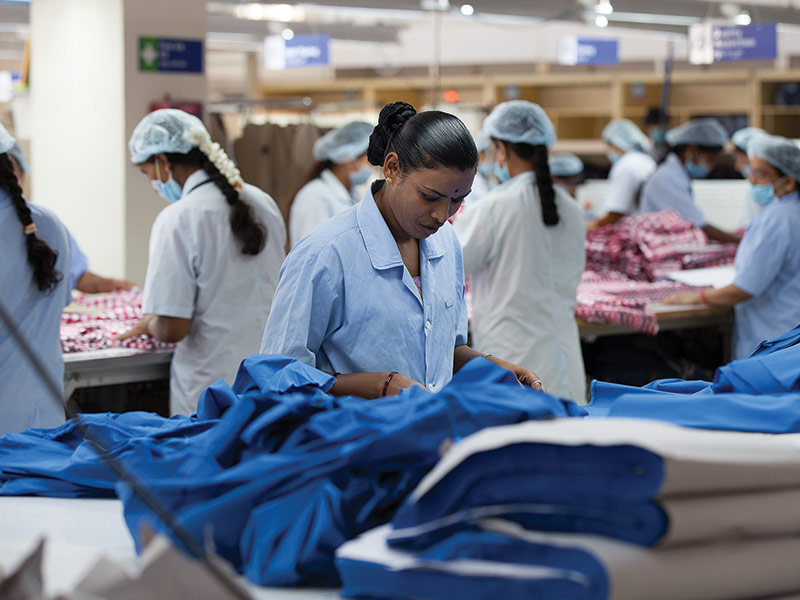
Supply Chain | Women’s Empowerment
The Human Cost of the COVID-19 Pandemic for Workers in the Supply Chain
To understand the human cost of the COVID-19 pandemic in supply chains, HERproject interviewed over 1,000 workers and managers in Bangladesh, China, Egypt, India, Kenya, and Vietnam and released its findings and recommendations in a new report.